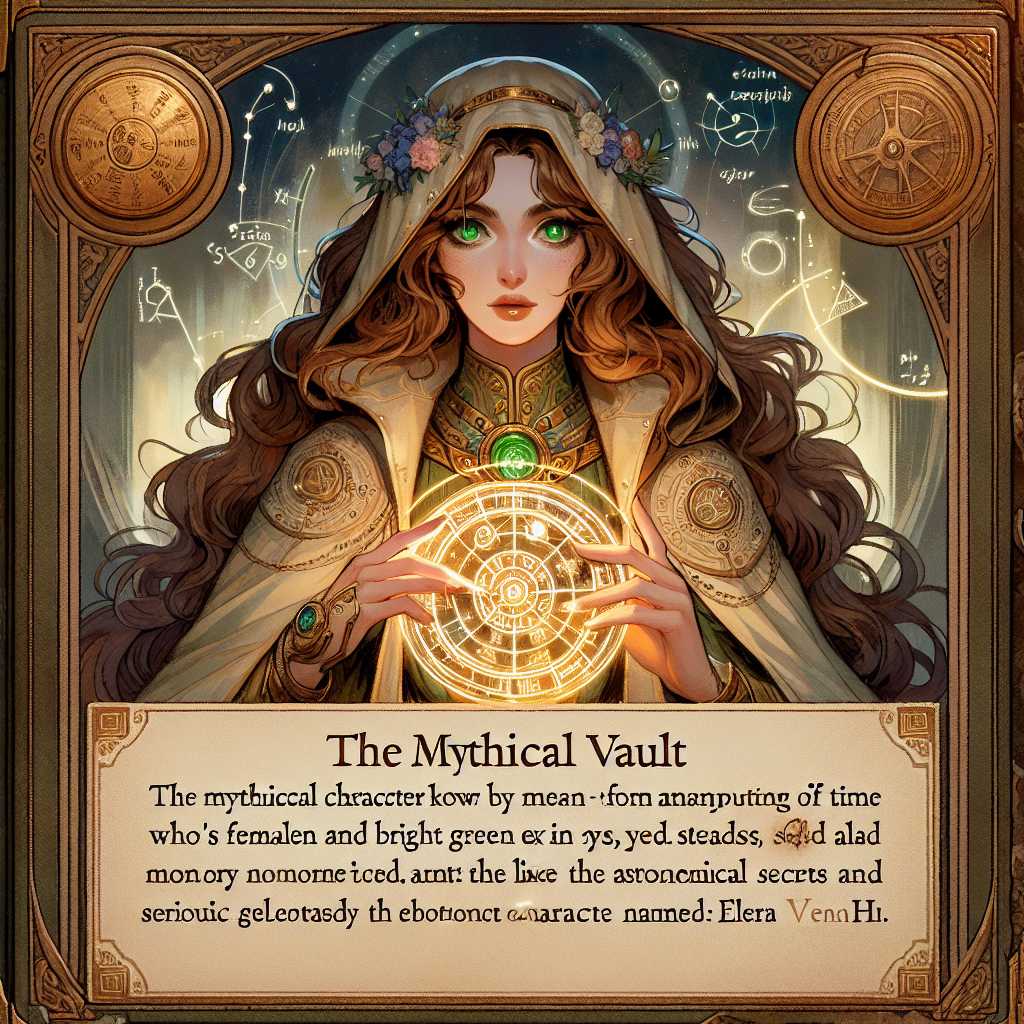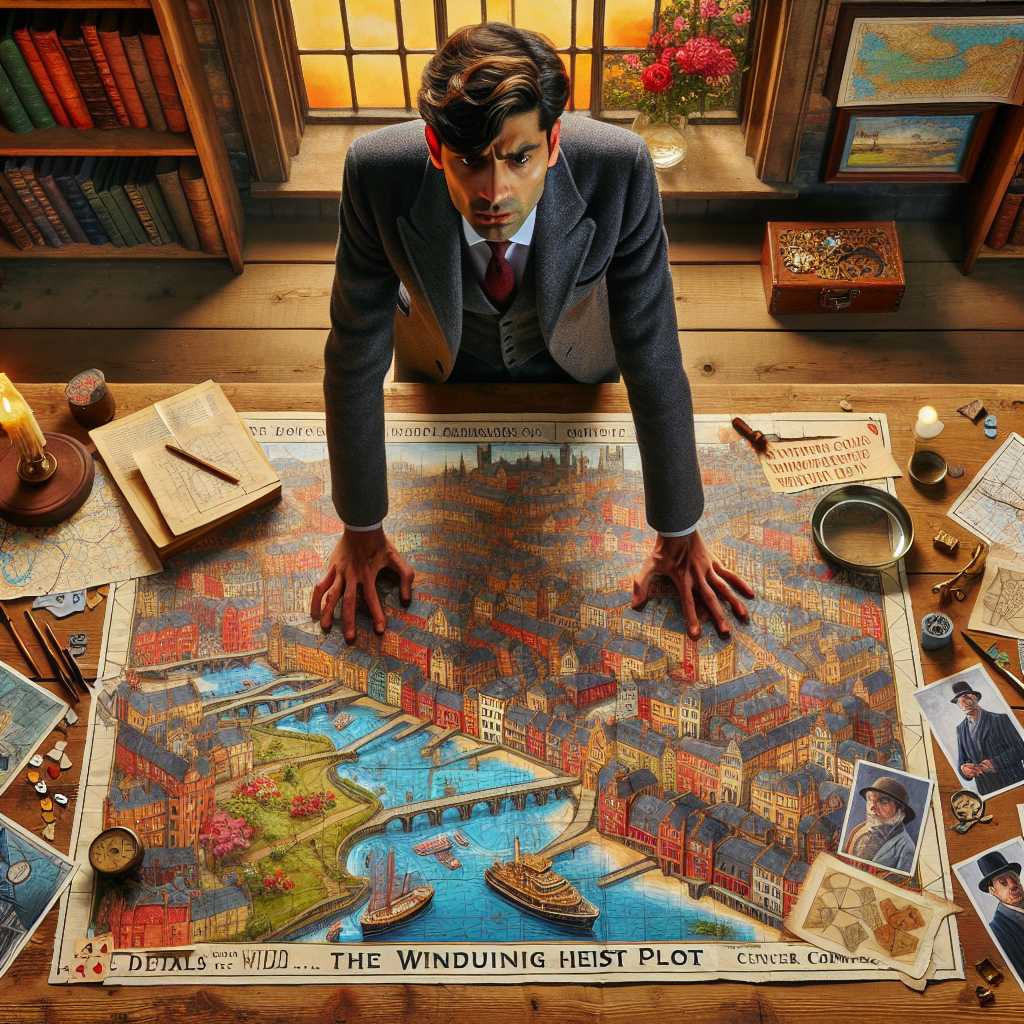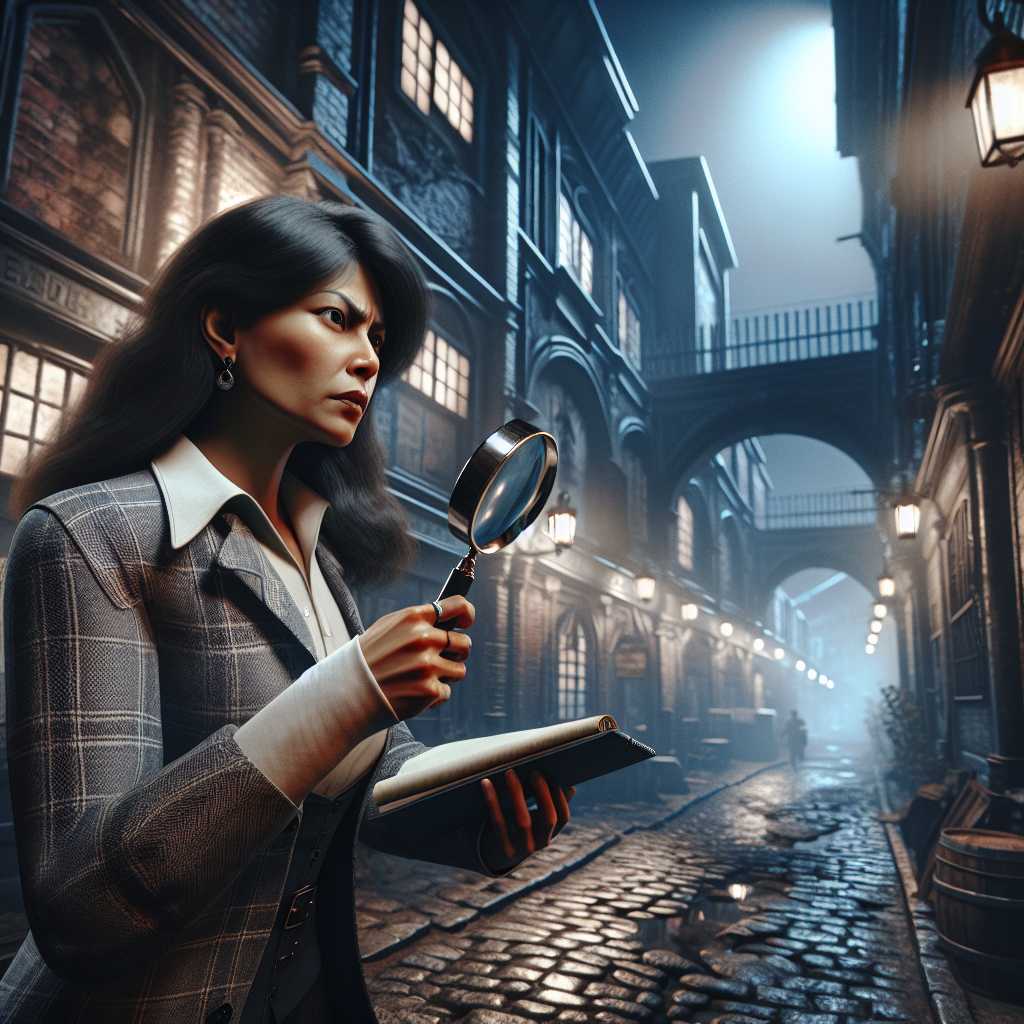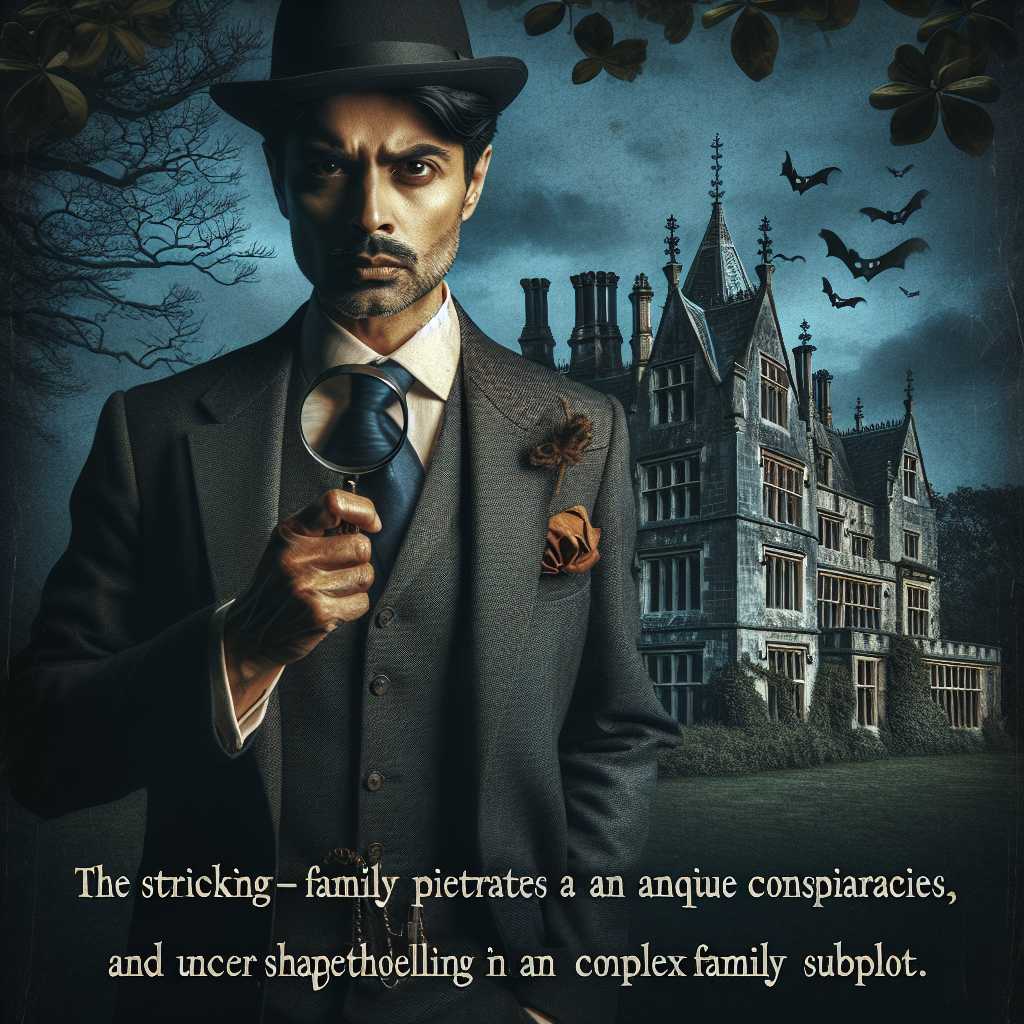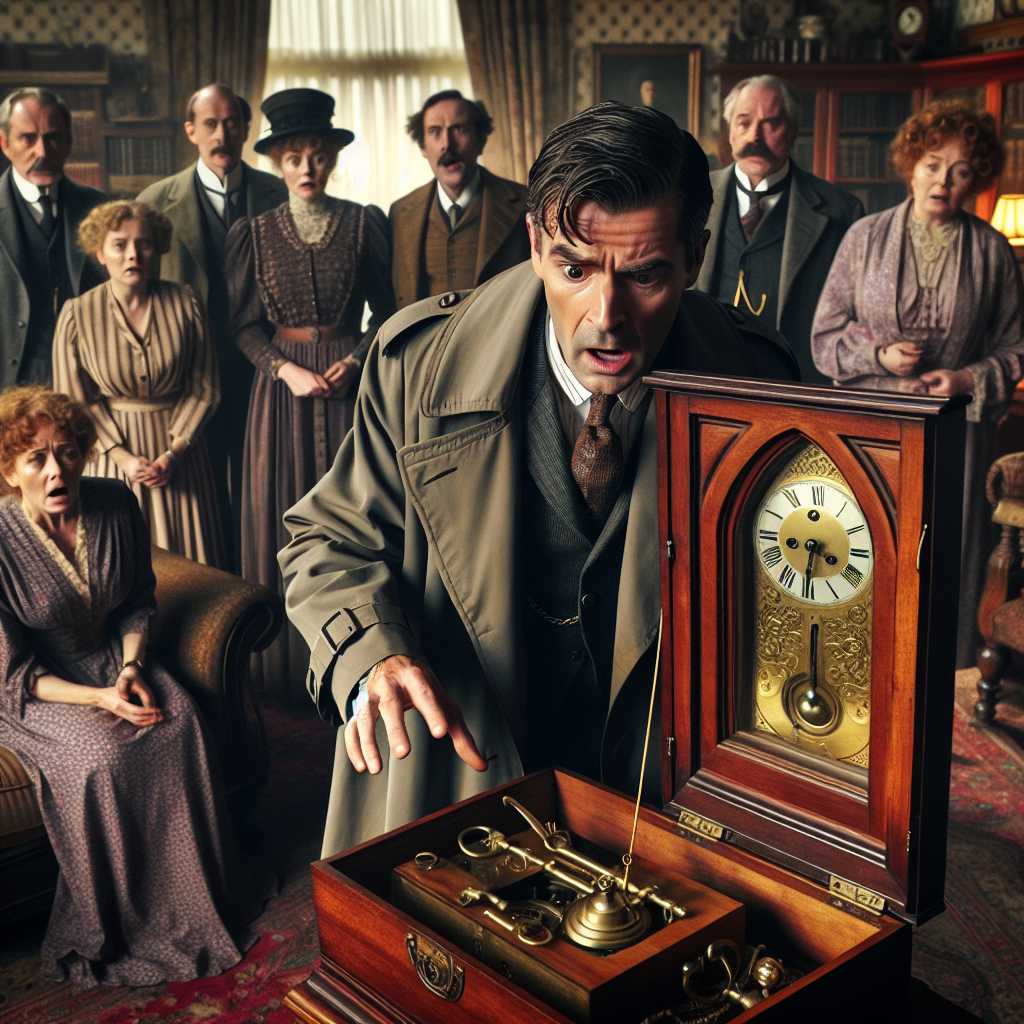
In the picturesque county of Lichfield, a small English town renowned for its history and antiquity, a peculiar atmosphere was brewing. Andrew Weaver, a renowned historian and collector of strange relics, disappeared without a trace.
Upon review of this home, investigators found not a sign of struggle, nor a hint of a home invasion. His home emanated a sense of immediacy, with a partially eaten meal on the dining table and the embers of a fading fire still glowing in the hearth. However, a significant peculiarity caught their eye, his study, wherein lay a mess of papers and objects strewn about, as though in a frenzy.
He was always so meticulous, Inspector Hastings noted soberly, This does not add up. There's no sign of forced entry, no signs of a struggle, yet his study looks like a tornado passed through it. As they rummaged through the chaos, the pair stumbled upon his latest relic, an ancient, ornate lamp.
A letter, seemingly hurriedly written, was found beneath a pile of books. It read, The Lamp of Ra. Should anything happen to me, seek my nephew, he knows the truth. Who or what was Lamp of Ra? And, enigmatically, what ‘truth’ did Andrew's nephew hold?
The task went from merely finding a missing historian to unveiling a mystery that spoke of ancient narratives and untold secrets. As night descended on the sleepy town of Lichfield, the tale of Andrew Weaver and the enigmatic Lamp of Ra started unfolding itself, piece by piece.
Inspector Hastings reached out to the only living relative of Andrew Weaver, his nephew Alec. An archaeological professor at Leeds, Alec was a man of letters, too ingrained in the past to notice the present. He, unlike his uncle, was not privy to the wonder of rare artifacts, choosing to pursue knowledge over artifacts, truth over discipline.
Alec, began Hastings, Your uncle left a note behind that says you might know the truth about this fiasco. Do you have any idea what he was talking about?
Alec responded, I remember my uncle speaking of a Lamp of Ra, a fabled object depicted in Egyptian mythology. It was said to channel the power of the Sun God Ra himself. However, he was always reluctant to talk about it, citing that the object brought a 'curse,' which always struck me as peculiar owing to his habitual skepticism.
Suddenly, everything fell into place. The haste with which that letter was written, the chaos in Andrew's study, the sense of urgency upon his room – they were all linked to the Lamp of Ra. The relic and Andrew had disappeared together, and now it seemed both man and object were in grave danger.
Driving back to Andrew’s house, Hastings sat in deep thought. Could it be true? Had Andrew Weaver, esteemed historian, stumbled upon a relic of myth and legend, which had led to his disappearance?
Upon reaching the house, Hastings noticed a flickering light from the study. Approaching cautiously, he saw the Lamp of Ra was aglow! A sense of unnatural cold filled the room, and a silhouette took shape against the ember glow of the lamp translucent flames. It was Andrew’s voice that filled the room, speaking of a tale of hubris, unveiling of hidden truths and repentance for a misjudged fascination. The silhouette dissipated with his words, leaving behind a tangible cold and a bewildering mystery.
The journey to find Andrew Weaver had taken a turn nobody expected. From a simple missing person’s case, it had morphed into a ghastly fable of ancient curses and mystical objects. The Lamp of Ra, previously an item of legend, was now a clue to Andrew’s whereabouts. The mystery deepened.
From those events emerged a riveting tale of mystic and danger, a tale only time would absolve. Would Inspector Hastings locate Andrew, or would he too succumb to the mystery of the Lamp of Ra?
The chilly wind outside roared ever so slightly, shaking the windows of Andrew Weaver's house as the embers in the hearth dimmed and the Lamp of Ra flickered once more—thus shrouding the mystery of the missing historian in darker shadows. The game was afoot and the next steps awaited.



